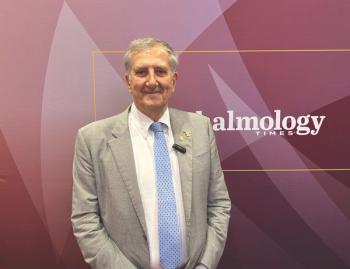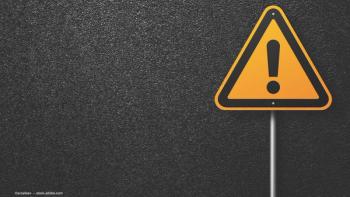
Postoperative low vision: what's your obligation?
Don't deny patients access to care known to be effective say Ken Bradley & Timothy Gels
Key Points
However, there are other patients who have conditions for which there is no treatment or for which surgery is not possible; these conditions leave patients with less than optimal vision. There are even many patients who receive "successful" medical or surgical treatments, but still have difficulty accomplishing daily tasks such as reading a menu at a restaurant or watching television. What is the professional obligation of the ophthalmologist in these cases?
Beyond the surgical outcome
Just as it is the professional obligation of orthopaedic surgeons to refer their amputee patients for a prosthetic device, it is likewise the professional obligation of ophthalmologists to refer out, or to provide themselves, low vision care. If neither action is taken, then the ophthalmologist is, in effect, denying patients access to care that is known to be effective.
As an ophthalmologist, to tell a patient, "there is nothing more I can do" after all medical and surgical treatments for his or her vision loss have been completed - without informing the patient of the availability and benefits of low vision rehabilitation - is a failure to provide complete patient care.
Comprehensive rehabilitation
In recent years, the American Academy of Ophthalmology (AAO) has created an initiative to educate ophthalmologists about what they can do for their visually impaired patients. As the AAO's website states, "[SmartSight] is an initiative [designed] to assist your patients who have visual acuities <20/40 or scotomas, field loss, or contrast loss." It includes three different levels of participation that vary from referring patients out, to offering comprehensive vision rehabilitation in their own practice.
Of particular note is the AAO's description of the types of patients who can benefit from low vision care. Some ophthalmologists mistakenly recommend low vision care only to those patients who have an acuity of 20/200 or worse or to those who have specifically stated a need for a vision aid to accomplish a task.
Newsletter
Get the essential updates shaping the future of pharma manufacturing and compliance—subscribe today to Pharmaceutical Technology and never miss a breakthrough.




























